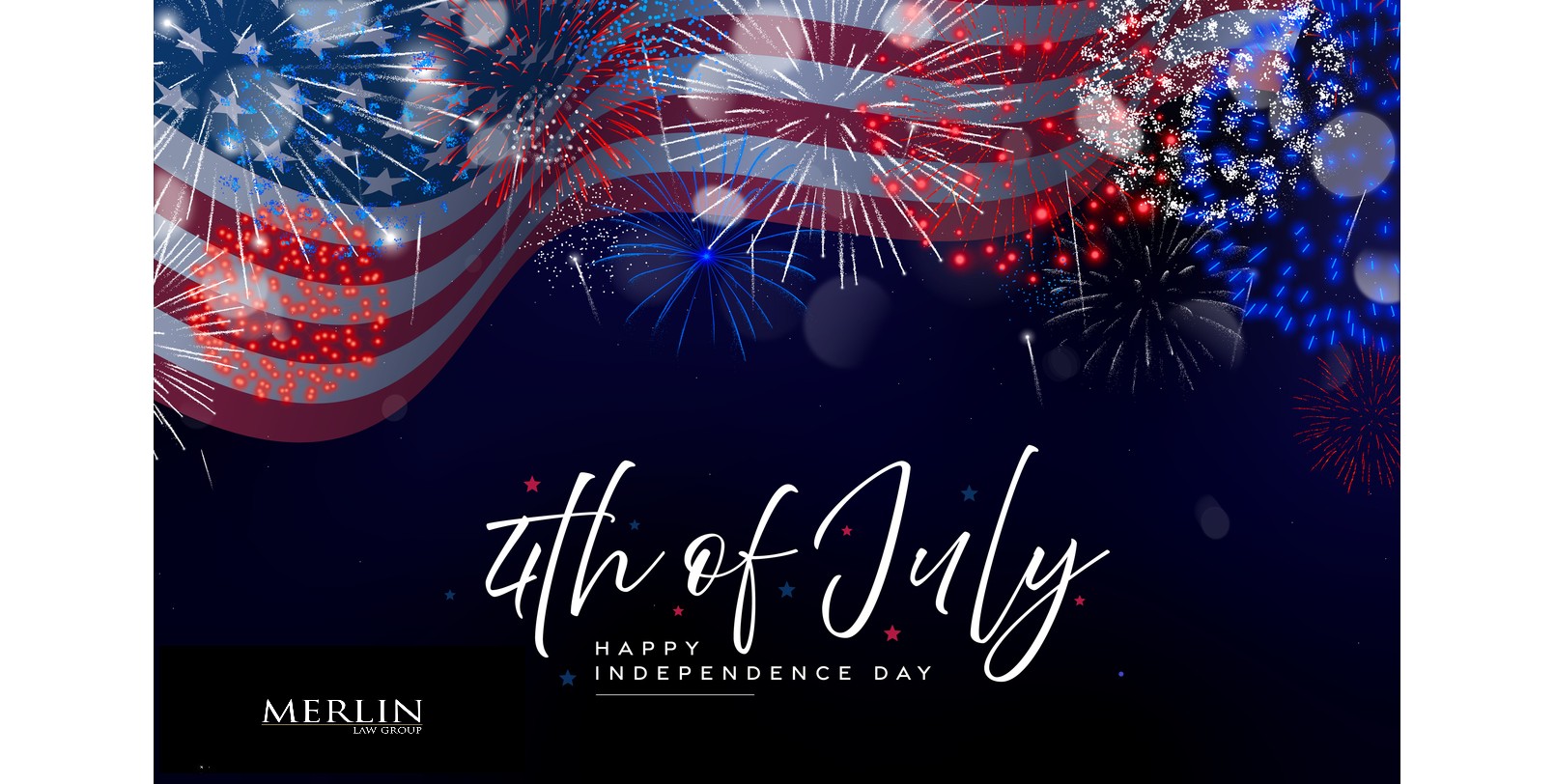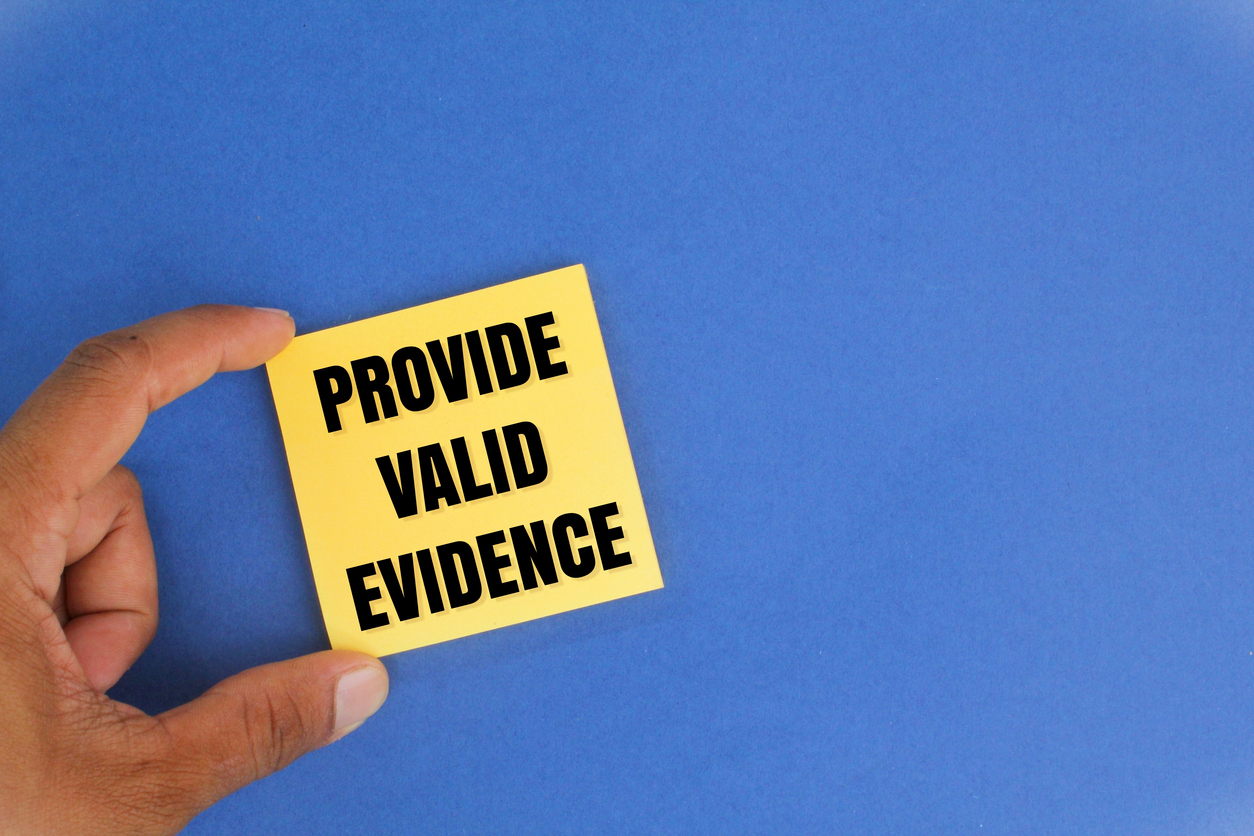I often hear this question from public adjusters. First, have the policyholder hire an attorney, as I can not stress enough that an examination under oath is a critical point in the proceedings. Insureds may be easily tripped up by a savvy defense attorney, placing their claim in jeopardy. With that being said, there are several ways a PA may assist his/her policyholder in preparing for an examination under oath (EUO).
First, navigating the post-loss obligations is essential to having any claim paid. It is also one of the chief tasks of a public adjuster. The first area in which the PA must assist the insured is gathering the documents requested by the insurer. Oftentimes, policyholders will look at the list with incredulity, thinking, “What do these documents have to do with my claim?” Do not decide or allow a client to decide that a certain document requested is not relevant. As I tell my clients, “We do not want to be sitting in a courtroom waiting for a judge or jury to decide whether the claim was rightfully denied because we refused to give the carrier a piece of paper.” In addition, the documents requested are likely to be given to the carrier in discovery if the claim enters litigation, so just give them the documents. I know it is not fun, especially with a reluctant client, but it is very important in a claim’s processing.
Second, and this too is very important: go over the estimate you generated with the policyholder. The policyholder need not understand the nuts and bolts of the estimate, just the areas of damage listed and the cause of damage. I can not tell you how many times a client has told me he has never seen the estimate or, even worse, disagrees with the estimate regarding the damage! If an insured is confronted by the estimate during an examination and disagrees with listed damage or if the insured is asked to list all areas of damage and leaves out areas included in the estimate, there will be problems. The defense attorney is likely to scream “FRAUD!” or, at the very least, say that the insured did not testify that those areas were damaged, so the carrier will not pay for them.
Finally, should a public adjuster attend an EUO? There are several factors to consider. Primarily, may the PA attend an EUO? I know of no legal authority prohibiting a PA from attending. Further, the plain language of the policy usually says something to the effect of, “Upon the carrier’s request, the named insured or spouse of a named insured must submit to an examination under oath outside the presence of any other insured and sign the same.” That is pretty clear that unless the PA is somehow a named insured or spouse of a named insured, the policy makes no mention of a public adjuster’s exclusion from an EUO. But the PA must also consider being put on the spot and asked to answer questions under oath. If the PA refuses, it looks like he is hiding something. In general, if the client will be more comfortable with the PA there, he may want to attend.
Allow me to leave you with this caveat: public adjusters must be very careful not to advise a client to refuse to answer a question under oath, interpret policy language, case law, or statutes, as they would be guilty of practicing law without a license. The penalties for practicing law without a license can be severe, including losing the PA license. For this reason, PAs are usually wise to avoid an EUO and leave it to those who are licensed to advise policyholders in that capacity.




